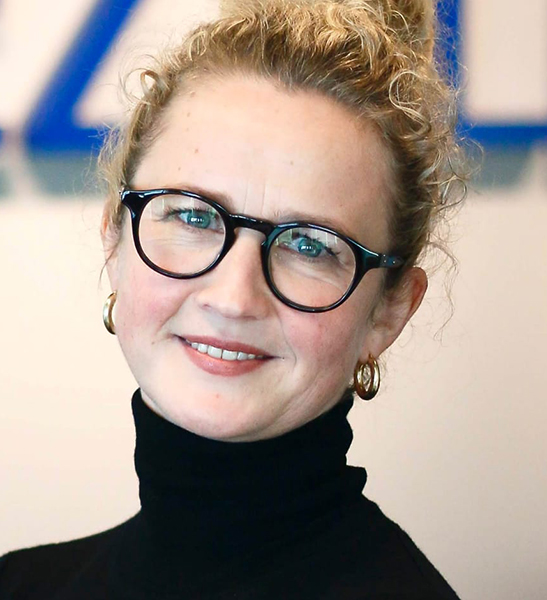Connecting the Dots for Food Safety at GFSI 2020

Representatives at this year’s GFSI conference hailed from 53 countries and spanned the food industry, academia, the public sector and beyond. They came together in Seattle, a city that has long stood at the cutting edge of technological innovation, and as such was a fitting host for this year’s theme: “One Connected World. One Safe Food Supply”.
Speakers at the forefront of their fields shared knowledge and showcased creative methods of delivering connectivity—interpersonal, technology-mediated and otherwise, all geared towards the ultimate goal of helping provide safer food for consumers everywhere.
Meanwhile, there were numerous opportunities to connect with representatives of industry giants such as Costa, Nestle, McDonald’s, Amazon and Starbucks, as well as regulatory agencies, certification & accreditation bodies, NGOs, academia and the media, at the various networking sessions.
Urgent Action Required
As the conference kicked off, it was Peter Freedman, the managing director of The Consumer Goods Forum (CGF), who set out the importance of the task at hand. His message was one of urgency in delivering positive change.
Freedman pointed to recent global events, such as the wildfires in Brazil, as examples of how the world could be at a tipping point. “Action is more urgent than ever”, he told delegates, stating that it is no longer just a matter of responding, but responding urgently. Freedman also pointed to E. coli outbreaks in 2017, 2018 and late 2019 to drive home to industry leaders gathered at the conference that food safety cannot be taken for granted.
The spirit of the event was, as usual, geared towards a collaborative approach. Delegates were asked to leave their commercial interests at the door and work purely towards “a world where all food is safe” for the duration of the event.
“This week is not about us as individuals, it’s about how we come together as a collective of brilliant minds to provide solutions,” GFSI Director Erica Sheward stated. She then invited the audience to stand in recognition of this commitment, and sure enough everyone in the packed auditorium took to their feet demonstrating their commitment to the shared mission.
GFSI’s New Benchmarking Requirements
The GFSI used the conference as a platform to launch its new Benchmarking Requirements Version 2020, which establish a new foundation for food safety. To close the opening session, Sheward joined Mike Robach, Chairman of the GFSI Board, Vice-Chairs Anita Scholte op Reimer and Gillian Kelleher and GFSI Senior Technical Manager Marie-Claude Quentin around a red ‘action button’ to mark their publication.
The requirements are geared towards enabling a common understanding and mutual trust in the supply chain that facilitates trade, improves efficiency and lends nameplate authority to operations certified to a GFSI-recognized program. They incorporate stakeholder input from public consultations and are regularly revised to reflect best practices and evolving needs in the industry.
GFSI positioned the new version as more than just an update, but a complete rethink “representing the beginning of a new generation of recognition”. The two primary objectives of Version 2020, are to achieve transparency and objectivity, with new and strengthened elements that include two new scopes focused on hygienic design, elements of food safety culture and reinforced impartiality of the auditing process and the monitoring of certification bodies.
Shark Tank Sessions
This year’s GFSI program also included a new format to help showcase how the latest technology is being used to further food safety. Leaders in innovation took part in a number of Shark Tank-style breakout sessions to pitch their technology solutions to the sharks and the attendees.
A total of nine cutting-edge companies took to the stage to pitch their concepts to a panel of experts—‘sharks’—who are well-placed to judge their value for the industry. The nine competitors were selected from a large pool of applicants based on their innovative spirit, disruptive potential and feasibility.
Each presenter had 12-minutes to outline the context in which their solution is utilized, the technology supporting it and how it is implemented. Following the pitches, each presenter came under the scrutiny of the sharks who were able to ask clarifying questions.
Kezzler was among the companies to take to the stage with CEO Christine Akselsen sharing insights from work with FrieslandCampina’s infant formula brand, FRISO. Referencing the grass-to-glass case study, she demonstrated how Kezzler’s technology works in practice, tracking information from farms in The Netherlands to consumers in China. Following the sessions an audience vote determined the winner of the competition, which was announced during the final plenary of the conference. Kezzler was also crowned as the first-ever GFSI Shark Tank champion.